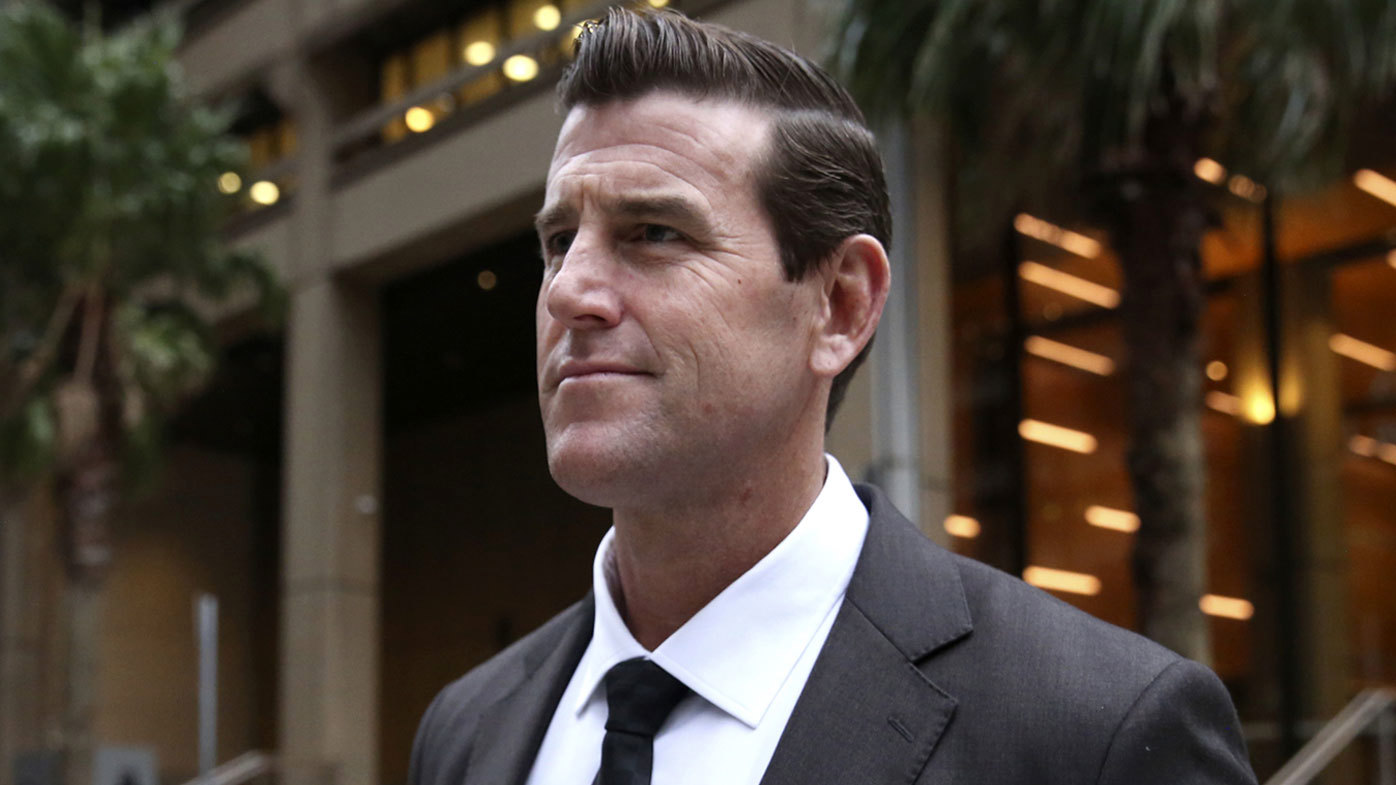Ben Roberts-Smith, Australia's most-decorated living soldier, will learn today if he is successful in his defamation claim against three newspapers over allegations he committed war crimes in Afghanistan.
The allegations, which include murdering civilians while on deployment in Afghanistan, as well as acts of bullying and domestic violence, were first published in reports by The Age, The Sydney Morning Herald and The Canberra Times in 2018.
Roberts-Smith is suing the publications for defamation, and today Justice Anthony Besanko will hand down his findings to the Federal Court.
The 44-year-old denies all claims of wrongdoing, while the three newspapers have pleaded defences of truth and contextual truth.
The defamation trial began in June 2021 and sat for 110 days over 13 months, hearing from 41 witnesses including three who gave evidence from Afghanistan.

It's been described as a proxy-war crime trial, raising uncomfortable questions about the Australian defence force, and testing the limits of press freedom.
It's also been the closest look at the covert operations undertaken by Australian special forces overseas the public has known.
Roberts-Smith, a trained specialist sniper who stands at nearly two metres tall, served six tours of Afghanistan.
The case against him centred around allegations of six unlawful killings of Afghans the newspapers claim Roberts-Smith either committed or was complicit in.
In one allegation Robert-Smith is accused of ordering the shooting of an Afghan man with a prosthetic leg. This leg was taken back to base by another soldier as a trophy and used by Australian troops as a drinking vessel.
It was also alleged that in 2012 Roberts-Smith kicked handcuffed Afghan farmer Ali Jan off a cliff. Jan was then shot by either Roberts-Smith or a soldier known as Person 11.
The Victoria Cross recipient was accused in the proceedings of planting a radio next to the dead man's body to make it look as if he was a Taliban spotter.
During the trial the soldier's lawyers argued that the allegations published by the newspapers and journalists Chris Masters and Nick McKenzie were sensationalist, based on rumours and accounts from jealous and obsessed former colleagues.
There was an eight month break in the middle of the defamation trial due to the COVID-19 pandemic, and when hearings resumed SAS witnesses were called by the newspapers.
The specialist soldiers were protected at all costs, snuck in and out the building so not to blow their cover.
They were also given codenames, and many were granted certificates of immunity in exchange for any admissions of evidence that may have implicated them.
Some parts of the hearings were conducted in closed court because of the national security implications.
The trial also heard allegations of domestic violence by Roberts-Smith against a woman known as Person 17.
The judgment will be delivered from 2.15pm AEST today. You will be able to watch a livestream of that judgment on 9Now.
Nine, the publisher of this website, is also the publisher of The Sydney Morning Herald and The Age.
